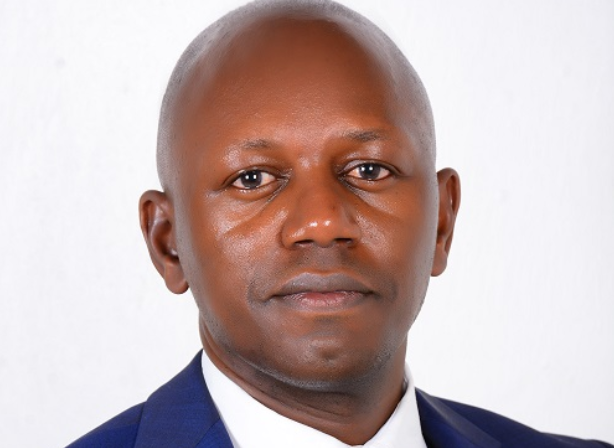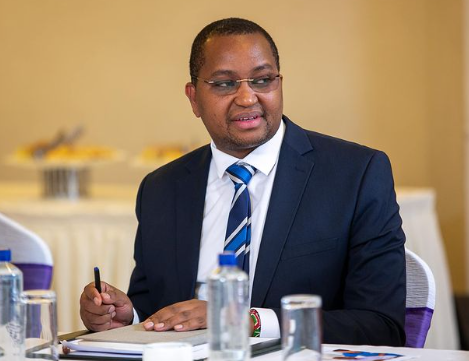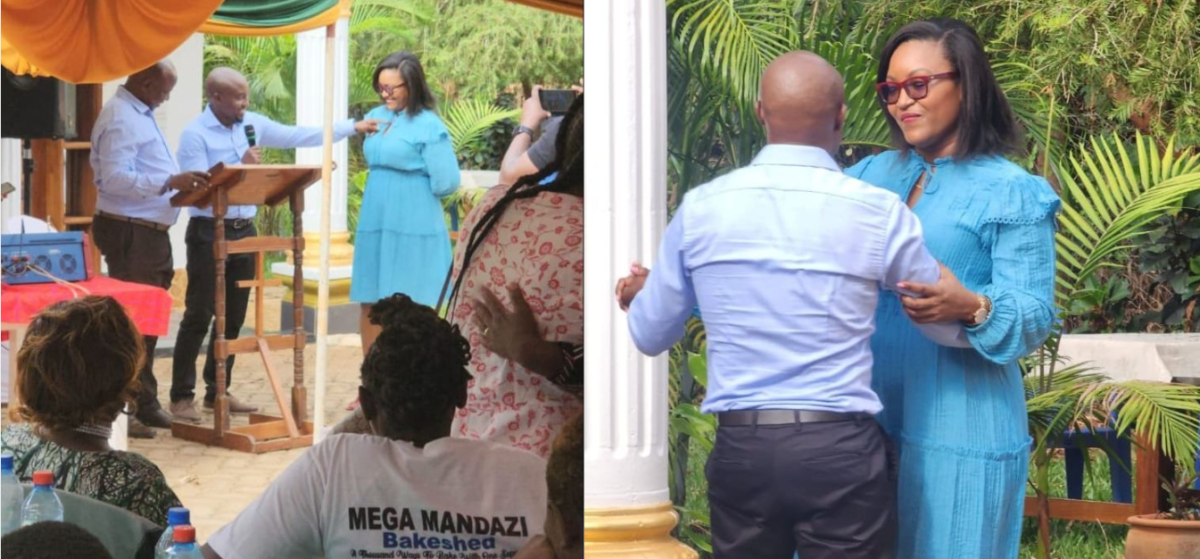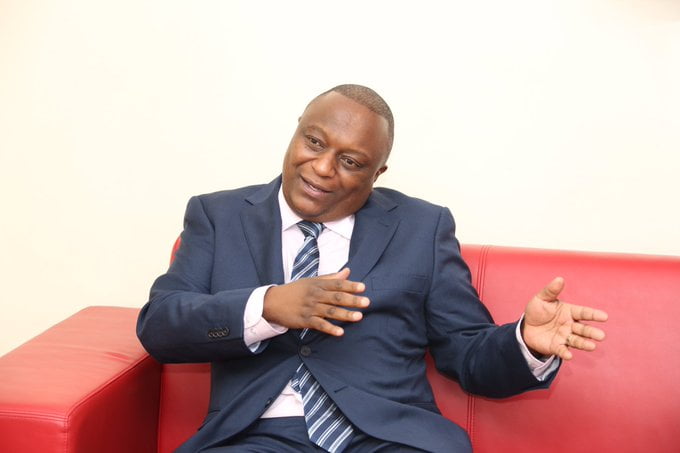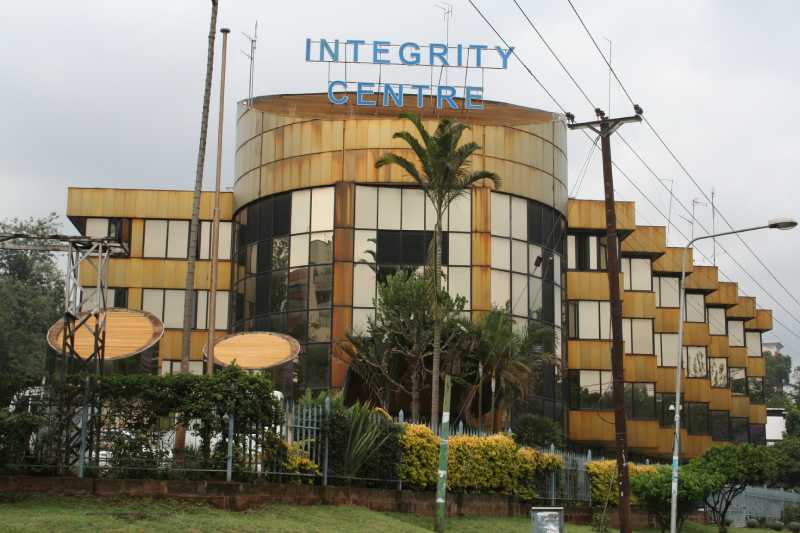WE Charity’s psychological abuse, misuse of power, and corruption as exposed by one Santai Kimakeke is not something to be wished away.
Even as Canadian Prime Minister Justin Trudeau is planning to make an appearance at a committee to face questions about the evolving WE Charity scandal, Kenyan authorities has not moved a dint to try to solve the serious case touching on the Charity that deals with children ’empowerment’.
In Canada, where the charity originates, the issue is how and why the government decided to grant control of a student program worth more than $900 million to the WE Charity, which has close ties to the Trudeau family.
However, in Kenya, the issue expands to other things such as corruption, misuse of money and power.
The Toronto Sun, a Canadian daily newspaper published on its website, the transfer of nine different properties in Kenya from We Charity to a private company earlier this year.
In Kenya, proceeds of crime is often invested in Real Estate. Is WE Charity involved in Money Laundering?
The Toronto Sun states,
In January 2020, nine different properties were transferred from Free the Children’s Kenyan operations to an organization called WE Education for Children Ltd. The properties included two high schools, a college, a hospital, a women’s empowerment centre as well as two farms and two houses.
I asked WE about the transaction and didn’t get much in the way of a response. Here is the exchange verbatim.
1. What was the total monetary value of the transaction in Canadian currency?
These transactions involved infrastructure for humanitarian programs that provide free services to the community in the rural regions of Narok County in Kenya. They include secondary schools, a community garden, a hospital, a community education centre and a college. In all cases, WE Charity Canada transfers funds on an annual basis to operate these projects.
2. Who owns or controls WE Education for Children Ltd. and where is it based?
WE Education for Children Ltd. was established with the objective to meet Kenyan legal requirements for property ownership of agricultural land and to establish a legal trust with WE Charity Canada as the beneficial owner of the humanitarian projects. This is certified by respected legal counsel in Kenya and a formal trust documents which were established with the two trustees.
So, no answer on how much, if any money, changed hands and no answer on who is behind WE Education for Children — just that it is a legal entity. They did provide documentation showing the transaction and the new owners pledging to hold the land in trust for WE Charity but the names of those who signed the documents were blacked out.
Audio: Free The Children (FTC) Charity Bribed Kenyan Officials
WE ‘business’ model
A Canadian citizen shared the outdated concept that WE Charity uses in countries like Kenya that are detrimental to the overall welfare of the kids in the long run.
He wrote
While the WE Charity is in the spotlight, can we talk about how problematic their “WE Villages” structure is? They send students to the same handful of villages Kenya and Ecuador and other places and what? Build a well every 6 months?
There’s no way these communities still need 10 or so voluntourist Canadian/American kids to come a few times a year to build a classroom or help make “#EndBullying Telus Rafiki Bracelets” to thrive.
I feel like I don’t need to highlight the colonial undertones of this work but… I am. Also, WE Day is a sham. Why spend millions booking the Scotiabank Arena and Demi Lovato and whoever else to celebrate the idea of doing charity work? WHAT!?
Also, who goes to these WE Villages? Students who can pay, yes. Also, organizations and businesses affiliated with WE. KPMG employees? Check. Student organizations partnering with the charity? Check. (First hand experience being offered a trip, we did not go).
If you need more proof that this type of voluntourism does more harm than good, you could start here
READ: The business of voluntourism: do western do-gooders actually do harm?
COMMENTS
Not to mention the white saviour mentality this engrains in students.
As an Ecuadorian myself, it’s VERY uncomfortable to sit in those workshops with everyone learning about my ancestors homeland through the lens of poverty.
— Derik Chica (@DerikChica) July 4, 2020
I've been to one of the WE Day events at Scotiabank, it was nearly jingoistic on the "do change" without saying how. It was a very bitter irony for the nonprofit to give us, the privileged students labelled pencil cases etc, while a core narrative is underfunded schools in Africa
— Danté Fosterdelmundo (@d__fdm) July 4, 2020
As today comes to an end, Santai Kimakeke is fearful of his life. What are the police doing to help him?
We Charity forces whistle-blower to recant evidence of mistreatment













